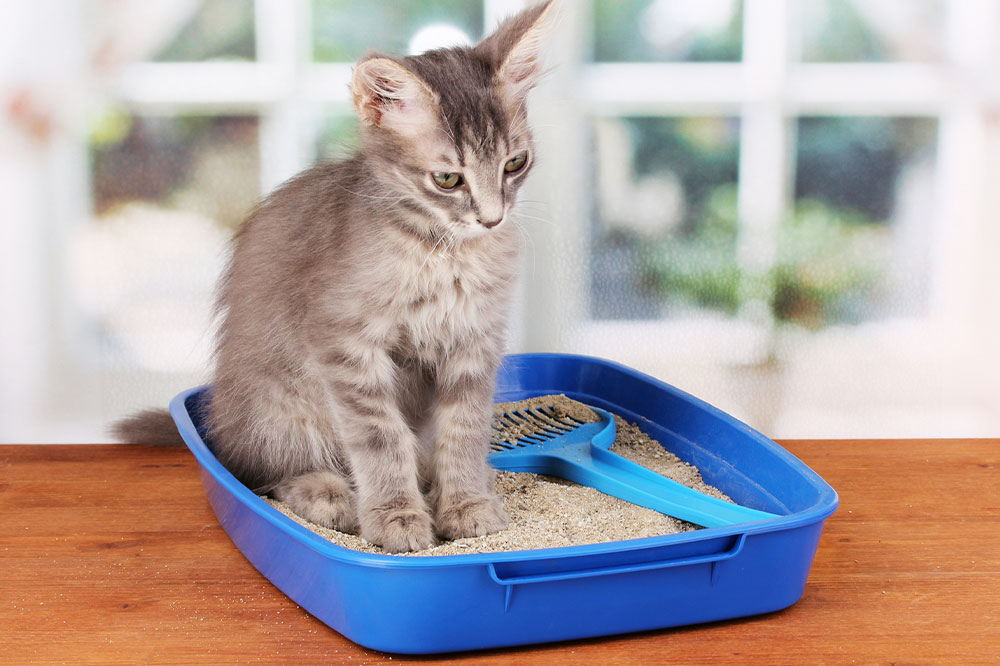Types of cat litter and their effects on humans
One may have to deal with cat waste if they have a domesticated feline friend at home. Many pet owners prefer using cat litter as they are easy to clean the excreted waste. All pet cats are litter trained, meaning they will only pee or poop inside the cat litter placed in the house. As a pet parent, one must ensure that the litter box is cleaned at least twice daily to keep it germ-free.

While having a cat litter box at home may not expose humans to fatal dangers, cleaning the litter box may lead to health issues if one is not careful with this sanitation process. There are different types of litter. Therefore, one must know how to manage them as they can adversely affect human health in the long run.
Clumping litter
Clumping litter contains bentonite, a substance that allows the liquid to clump together. According to the Centers for Disease Control and Prevention (CDC), it is best if humans do not inhale or ingest this substance. Some of these clumping cat litters also contain silica, which has carcinogenic effects leading to an increased risk of lung cancer. However, the amount exposed to humans at home in the form of cat litter is not enough to cause major harm.
Non-clumping litter
These litter formulas are mostly clay-based and they absorb the liquid, making it less powdery than the clumping litter. Clay is a natural material, so harmful effects are not severe unless, of course, humans ingest or inhale high amounts of it, which may cause health problems. However, many people prefer non-clumping litter over clumping litter to avoid potential health challenges.
Plant-based biodegradable litter
This type of litter is made using recycled paper, grains, wheat, and corn. While these are biodegradable substances, don’t be fooled by the “natural” tag, as it is important to know that some chemicals might get added during the manufacturing process, which may have dangerous effects. Also, always be aware of what’s in the litter as you may be allergic to some plants, leading to a reaction or flare-up.
If you have asthma, choose non-scented litter boxes which won’t trigger the symptoms. Also, always be careful while cleaning the litter box and wear gloves to protect yourself from any transmission of diseases.